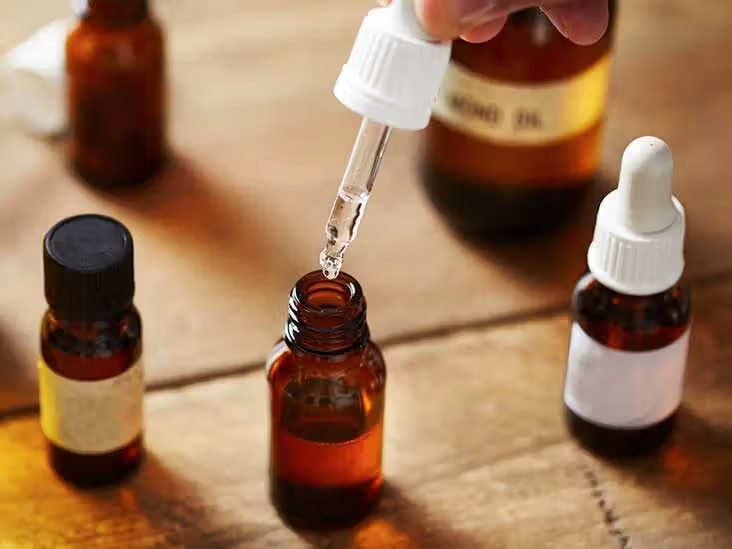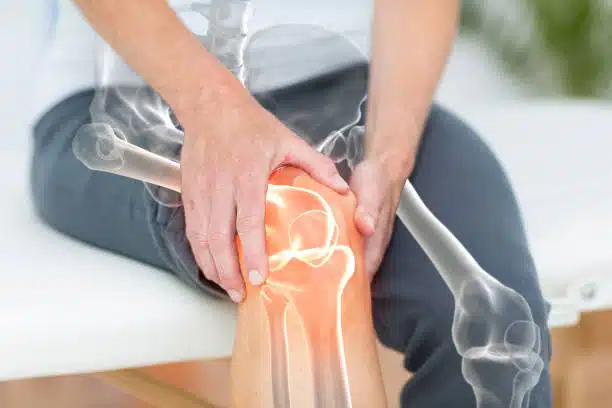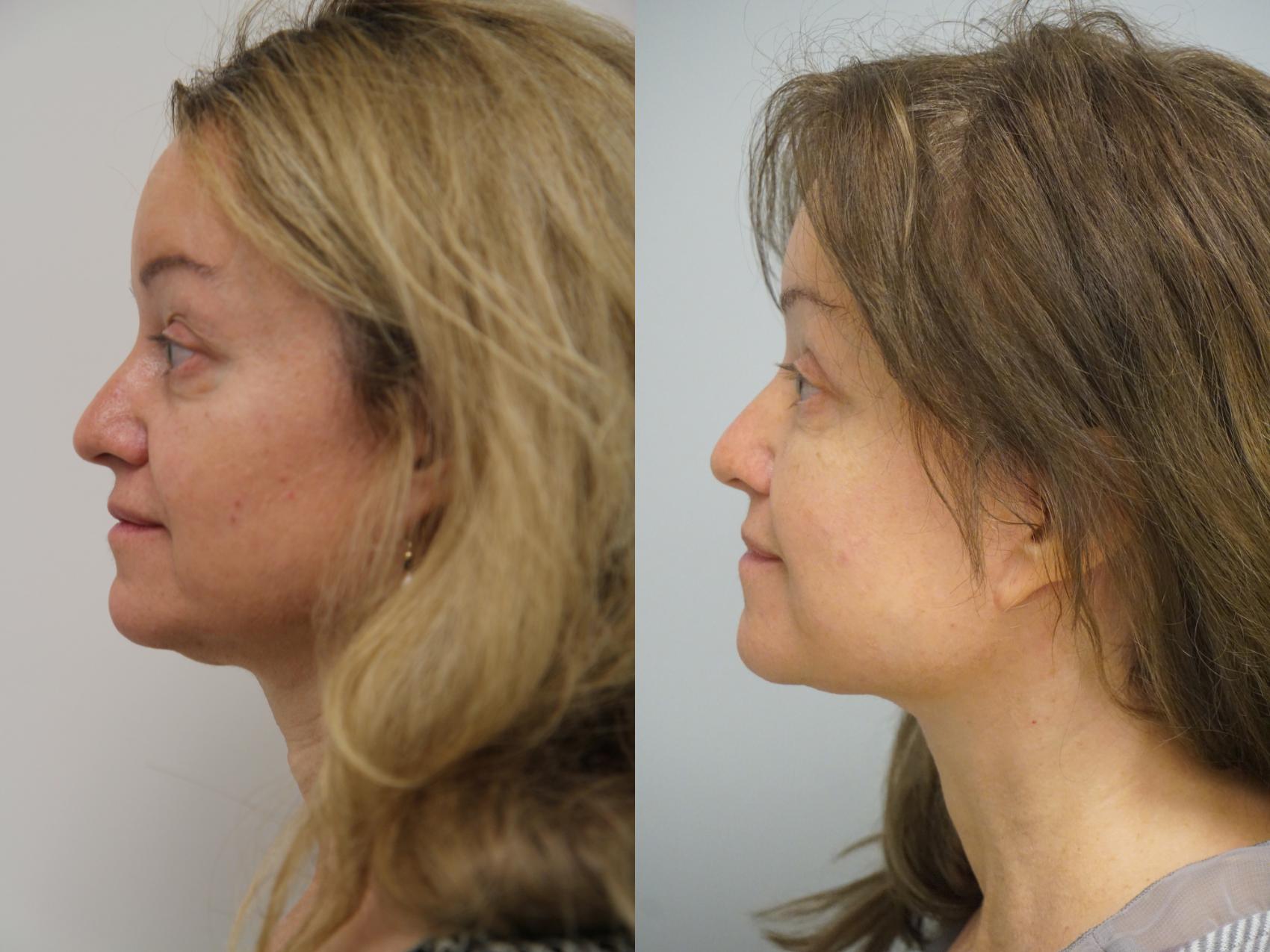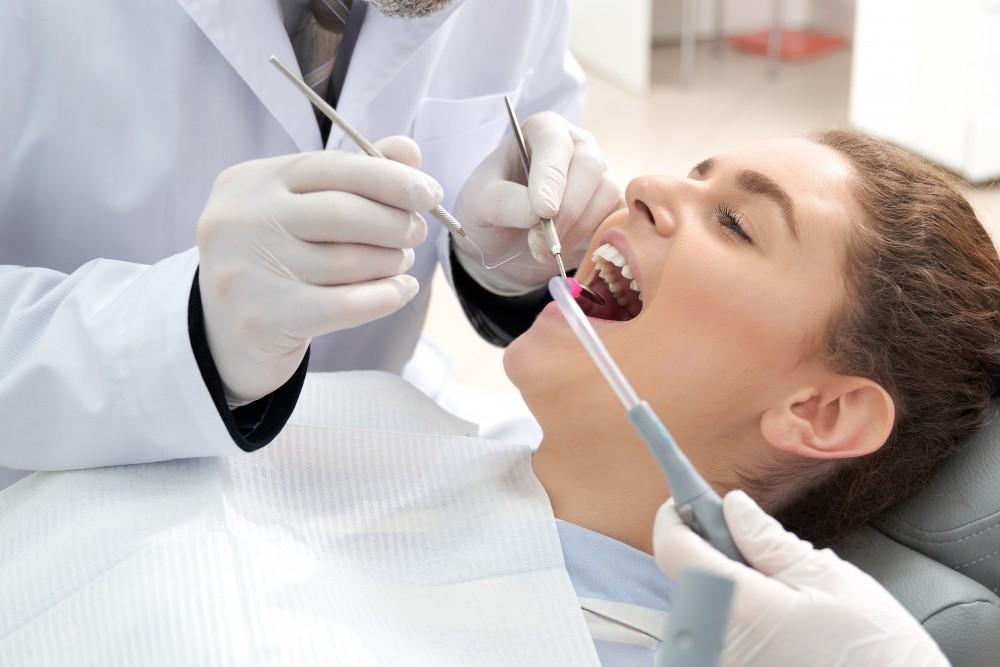Scars tell a story. Whether from an accident, surgery, or acne, they are reminders of past experiences. But not everyone wants them to stay forever. If you’ve been looking for a way to fade scars naturally, the answer might be simpler than you think. Essential oils have been used for centuries to heal the skin, and many people swear by their power to reduce scars. These natural extracts come from plants and have properties that can improve skin texture, boost collagen, and fade marks over time.
Why Essential Oils Help with Scars
Your skin is constantly healing itself, but sometimes scars form when the process doesn’t go as smoothly. Essential oils can support the skin’s natural healing by encouraging new cell growth and improving elasticity. They also have anti-inflammatory and antibacterial properties, which means they can prevent infections and soothe irritated skin.
Some essential oils are packed with antioxidants, which help protect the skin from damage. When used regularly, they can lighten dark scars and smooth out rough patches. The best part? They do all of this without harsh chemicals, making them a safe option for many skin types. If you’re wondering which essential oils for scars work best, let’s explore some of the most effective options.
The Best Essential Oils for Scar Reduction
Lavender Oil
Lavender oil is one of the most well-known essential oils for skin healing. It has a calming scent, but it’s also powerful when it comes to reducing scars. This oil promotes tissue growth, which means it can help your skin repair itself faster. It also improves blood circulation, allowing nutrients to reach the damaged skin and speed up the fading process.
Another benefit of lavender oil is its ability to reduce redness and inflammation. If you have new scars that are still healing, applying lavender oil may help prevent them from becoming too noticeable. Just mix a few drops with a carrier oil like coconut or jojoba oil and gently massage it into the affected area.
Tea Tree Oil
Tea tree oil is widely known for its antibacterial properties, making it a great choice for acne scars. If you’ve struggled with breakouts and are left with dark marks, this oil can help reduce their appearance. It fights bacteria that can slow down the healing process while also soothing irritation.
This essential oil is particularly helpful for people with oily or acne-prone skin since it doesn’t clog pores. However, it’s strong, so always dilute it before applying it to your skin. A few drops in a teaspoon of carrier oil should be enough to get the benefits without causing dryness.
Rosehip Oil
Rosehip oil is a favorite in the skincare world, and for good reason. It’s rich in vitamins A and C, which are essential for skin regeneration. These vitamins help fade scars by promoting collagen production, making the skin firmer and more elastic.
This oil is also packed with fatty acids that hydrate the skin, keeping it smooth and soft. Regular use can not only lighten scars but also improve overall skin tone. If you’re looking for a natural way to brighten your skin and reduce marks, rosehip oil is a great option.
How to Use Essential Oils for Scars
Using essential oils correctly is important to see the best results. Since these oils are highly concentrated, they should always be diluted with a carrier oil before applying them to the skin. Some of the best carrier oils include coconut oil, almond oil, and jojoba oil, as they also have moisturizing and healing properties.
To apply, take a few drops of essential oil mixed with a carrier oil and massage it gently onto the scar. Doing this daily can improve blood circulation in the area and encourage healing. Consistency is key—results won’t appear overnight, but with regular use, scars will gradually fade.
Another way to use essential oils for scars is by adding them to your skincare routine. Mixing a drop of essential oil into your moisturizer or serum can provide added benefits. Some people also prefer using essential oils as part of a nighttime treatment, allowing them to work on the skin while they sleep.
What to Expect When Using Essential Oils
While essential oils can be effective in reducing scars, patience is required. Unlike chemical treatments, natural solutions take time to show results. The improvement depends on factors such as how old the scar is, your skin type, and how often you use the oils.
Older scars might take longer to fade, but that doesn’t mean progress isn’t happening. The key is to be consistent. Over time, you may notice that your scars become lighter, softer, and less visible. Some people see results within a few weeks, while others may need a few months of continuous use.
It’s also important to note that essential oils work best on surface scars rather than deep ones. If a scar is very thick or raised, additional treatments like exfoliation or laser therapy might be needed. However, for most minor scars, essential oils offer a gentle and effective way to improve the skin.
Are Essential Oils Safe for Everyone?
Essential oils are natural, but they’re still potent, so they should be used with care. Before applying any new oil to your skin, it’s a good idea to do a patch test. This helps ensure you don’t have any allergic reactions or sensitivity.
Pregnant women and people with certain skin conditions should consult a dermatologist before using essential oils. Some oils, like tea tree and citrus oils, can be irritating if used in high amounts. It’s always best to start with a small amount and see how your skin reacts before making it a part of your routine.









